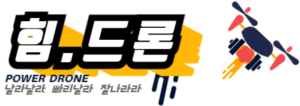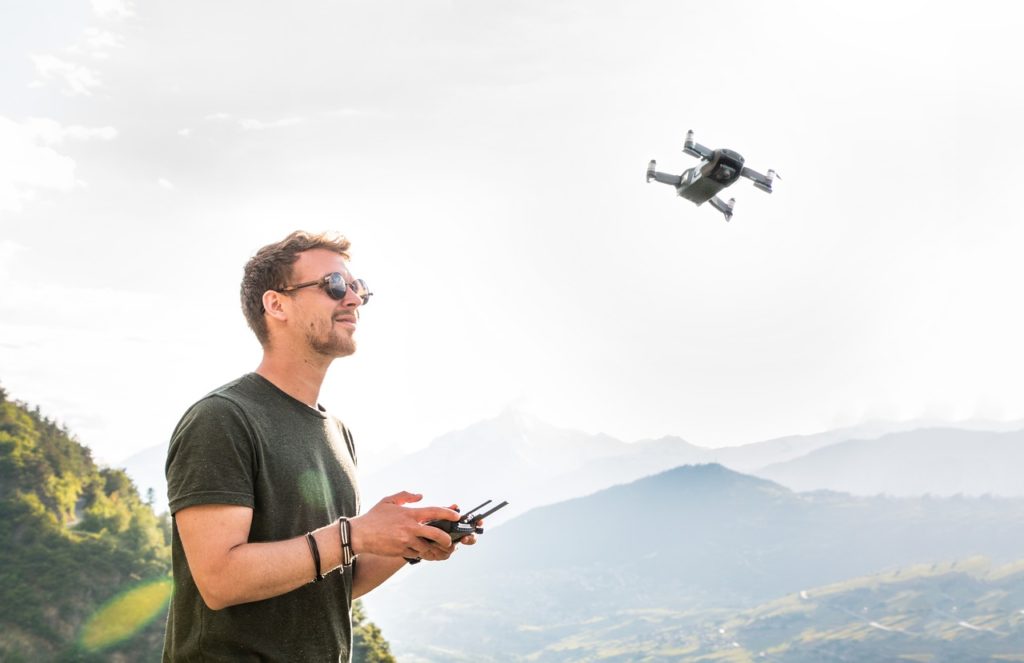If you are new to flying drones, there is a high probability that you do not know much about the licensing and regulations for flying drones. The FAA’s commercial drone license, also known as Part 107, is aimed at individuals who own a drone weighing less than 55 pounds and intend to use the drone for work or business purposes.

If you want to make a profit with your drone, the FAA’s Commercial Drone License 107 is a must if you want to eventually make a profit from your commercial drones and flights. Each state has different regulations regarding drone use, so it is important to familiarize yourself with its drone regulations before deciding whether to obtain a commercial license. If you ever want to make a profit from commercial drone flights, the FDA requires that you obtain the Part 107 remote pilot certificate first.
This requirement, better known as a drone license, is made official by the Federal Aviation Administration’s (FAA) commercial drone license.
The same rules also require drone pilots to be licensed at least two years before the first flight takes off.
The Federal Aviation Administration (FAA) sets clear guidelines for flying drones, both privately and commercially. In the following sections we will discuss the basics of indoor drone flight and the rules for recreational flight. We will also look at the issue of acquiring a long-distance pilot’s licence if necessary. You don’t need them, and you may not even need to register your drone with the FAA.
The FAA requires that anyone flying an unmanned aerial vehicle (UAS) that weighs less than 1.5 kilograms be registered. If you fly a drone for outdoor recreational purposes, you must register the device.
It costs $5 and has to be renewed every three years and is available from the US Department of Transportation (DOT).
However, there is one question that holds you back: Do you need a pilot’s license to fly your drone? If you’re taking a drone that weighs more than 55 pounds, you’ll need an exemption, which is hard to get and usually requires a full pilot’s license. There are a number of other limitations that you as a commercial drone pilot need to consider.
If you want to fly a drone for fun, or build a career or business based on drone flights, this is one of the first questions you need to ask yourself before you buy your drone. The answer to that question determines what kind of drone you get, and that’s all you need to know before you buy it.
You also need to pick up, register and understand how to fly your drone in multiple scenarios. Before you shoot it into the sky, make sure you follow the rules of Part 107 and the rules of the FAA.
Students can also prepare for their Remote Pilot Certificate exam through the UAS Certificate Program offered at Southern New Hampshire University (SNHU). Students can learn how to fly a drone and prepare to test drones and unmanned aerial systems in a variety of scenarios, including aerial photography, aerial photography and drone photography.
To become a drone pilot, you must obtain a long-range pilot’s license that demonstrates your ability to fly your drone safely, as well as a UAS certificate. You don’t need a licence to fly drones, as you do for driving a car, boat or plane. Because drones are flown by operators who never leave the ground, they must comply with Federal Aviation Administration (FAA) rules and regulations.
Since the Federal Aviation Administration clarified the rules for commercial and recreational drones in late August, nearly 23,000 people have become licensed commercial drone pilots, according to the FAA. Between August 31 and December 9, 28,500 people applied to become professional drone pilots, and 22,959 licenses were issued, the FAA said. The authority published its rules on commercial drones on 31 August for operators who require pilots flying professionally or for business to pass a test and be certified.
The FAA has announced plans to release a knowledge test for hobby drone pilots that requires knowledge of the test itself while on the move. Among the tests that need to be released, as do the rules for commercial drones, is what kind of escort permit or certificate recreational drone pilots must bring to show they have passed.
A drone license is an FAA certificate required to conduct commercial drone operations in the United States. A manned aircraft pilot must complete what is known as a free online training course. The only time a commercial drone pilot does not need to obtain a Part 107 drone licence is if he holds a manned pilot licence issued under 14 CFR Part 61 and has completed a flight test within the previous 24 months.
Before we get back to the reasons why we are here, let’s talk about the exact steps you need to take to obtain your Part 107 drone license for commercial drone operations in the United States.


